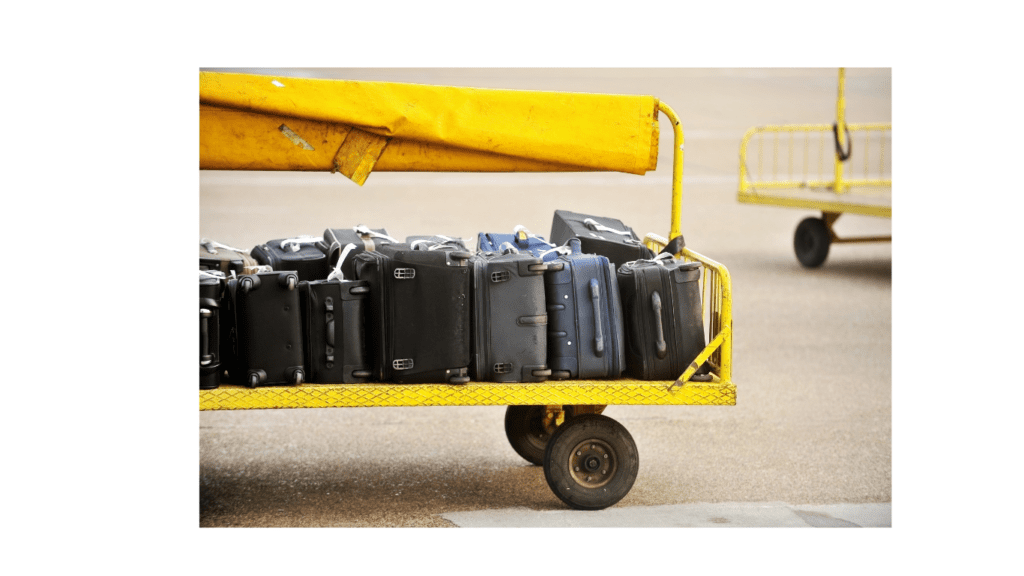Spotlight on global travel as a Field Engineer
Do you travel globally as part of your job as a Field Engineer? This article focuses on global travel as a field engineer and how to prepare for your trips.


Global travel as a Field or Support Engineer
About to visit a country for the first time? How can you prepare?
What to pack
Firstly – what to pack?
Travel amounts and distances vary hugely for different field service and customer support engineers. Some trips are planned in advance but a lot of engineers have to respond very quickly and travel almost immediately in response to a major issue or problem. Project sites can be well away from major cities and the engineer might arrive at the coldest, hottest or wettest time of year. If the site is also in a new country to you, it can present more of a challenge. So, what can you do to prepare?


What to add to the basics for global travel as a field engineer
Twenty things to consider packing in addition to the basics
Additional documents – driving license, international driving license, vaccination certificates, scan of return ticket
A pair of noise cancelling headphones and/or ear plugs
An eye mask
Sufficient chargers and adapters and an external hard drive
An RFID wallet or pouch to carry documents and cards
A personal first aid kit (check there are no restrictions and carry a doctor’s note for anything which is on the restricted list)
Non work clothes of similar colours so that you can mix and match
A small bar of soap for hair, body and laundry
Lip balm and moisturiser if you’re going to be in the cold
Insect repellent and a high factor sun cream if in the heat
Plastic bags to keep things dry if your case gets very wet and also to keep shoes separate from clothes, dirty clothes separate from clean etc.
Rehydration packs and collapsible water bottle if you’re going to be working in heat
Hardhat liner, balaclava, thin gloves to wear under work gloves, long johns if you’re going to be working in cold
Headtorch if you are going to be somewhere with minimal or no street lighting
A book, a kindle, a drawing pad, some knitting – whatever helps you relax
A lock for your case – ideally a smart one
Hat or headscarf
Light rain jacket or poncho
Sunglasses
Vitamins and snacks or sweets/candy
What to pack it in
Now pack it smartly
Don’t just think in terms of standard luggage but improvise
For example, use carabiners to attach your hard hat to your ruck sack
Pack a duffle bag containing small things within your main case
Make sure clothes are flat and then roll them before packing as you will fit more in and keep creases minimal
Use a hanging shower bag for toiletries


Here are some links for the more unusual things on the list.
Travel Soap – Hair, Body & Laundry in one bar and Bio-degradable:
AIRBOLT Smart Lock Suitcase lock:
Portable Security Bedroom Door lock:
Smart whistle
https://www.thewiso.com/smartwhistle.html?setLng=en-US
What would you add to this list and why?
The next blog, will look at what to learn before you go.
Further Reading
Who repairs and services the medical equipment in a hospital?
Life as an unseen but vital Marine Field Engineer
Who repairs all the wind turbines you see everywhere?


Responses